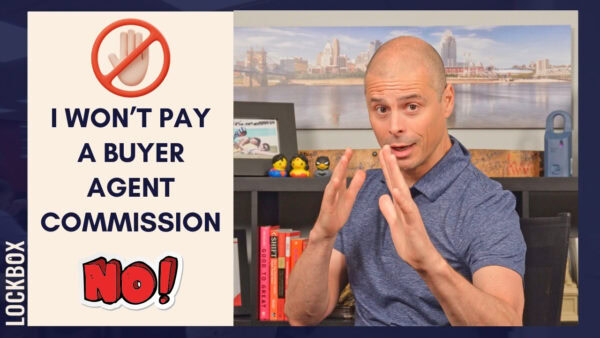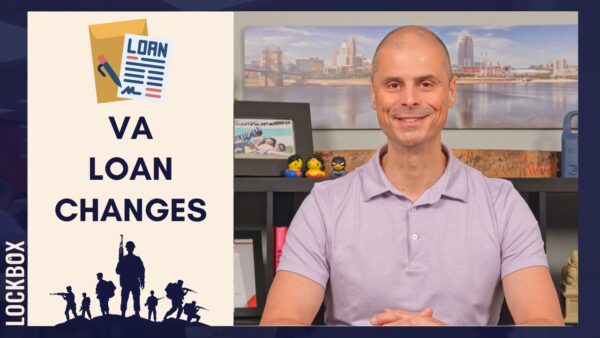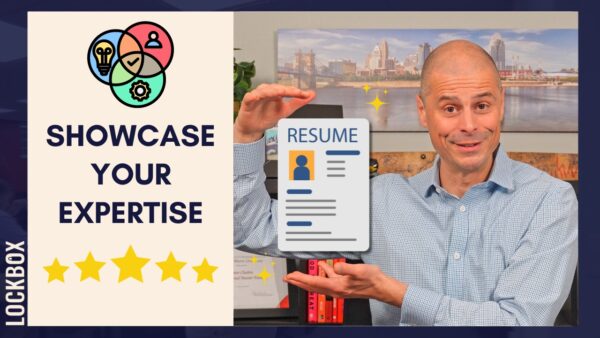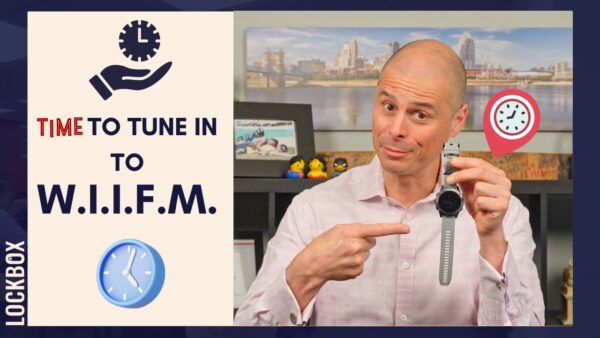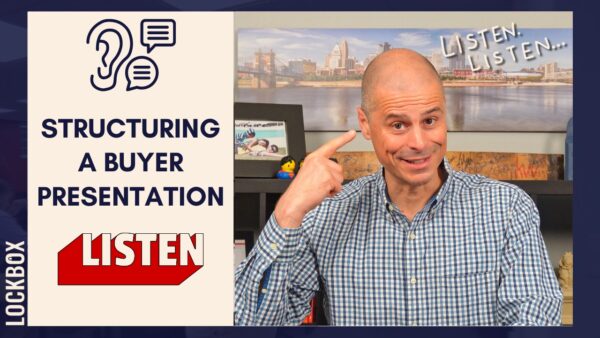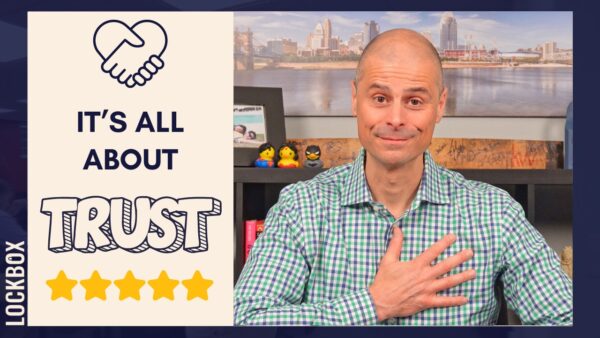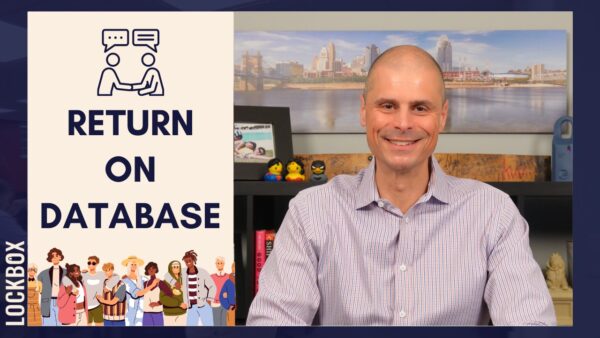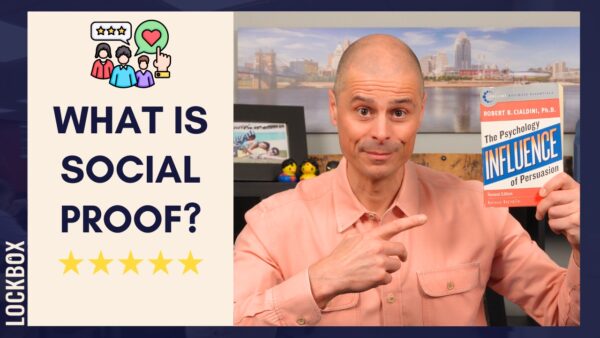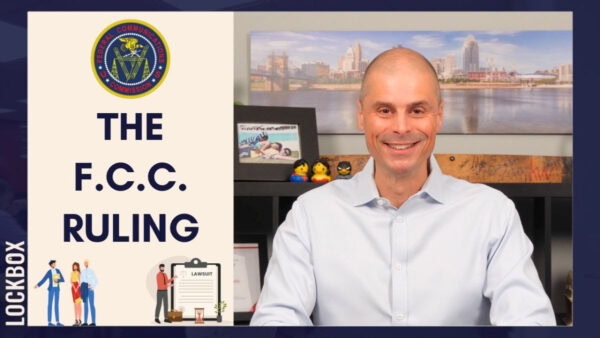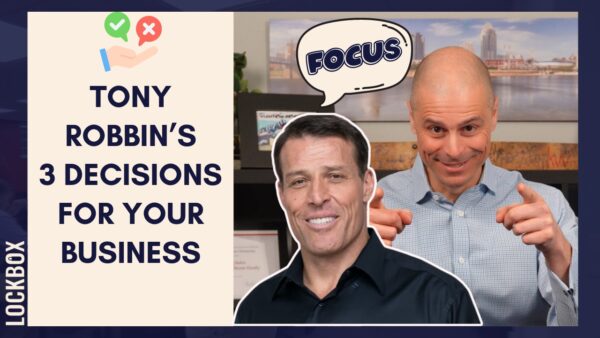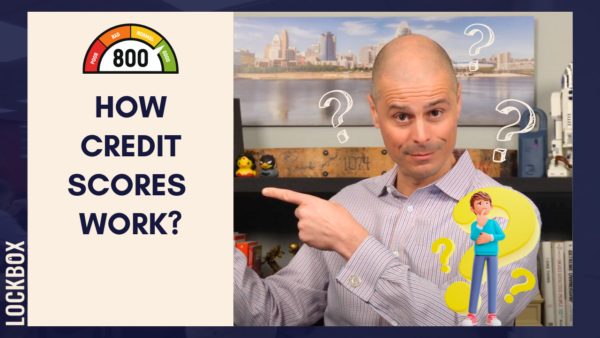The Top 3 Realtor Closes of An Industry Veteran

Today I want to share three of my favorite closing techniques with you: The Assumptive Close, The Trial Close, and The Alternate Close. We’re in this business because we love helping people and we love getting paid for it. But there is a very real sales element to our business: no matter how good you are at the mechanics of real estate and no matter how much you love helping people, if you can’t close (to schedule consultations, to sign listing agreements, to write offers), you will be ineffective, and ultimately insolvent!
When I first started in the business, I struggled with ‘the close’. I had in my mind this old-school idea of ‘hard closes’ that were high-pressure and uncomfortable for everyone involved.
That’s silly, of course. After several years in the business, I discovered three closing techniques that weren’t ‘hard’ or ‘direct’ closes, that worked for me and increased my sales conversion rates.
A great close is simply the natural follow-up to a great conversation. But having some awareness and skill around asking – for the appointment, for the listing, to make an offer – will make the sales part of our industry much, much smoother, and the income part of our efforts much, much more rewarding.
These techniques have helped me maximize my income-producing activities, create confidence in my personal finances, and build lasting relationships with my clients. As you read, keep in mind that closing isn’t about applying hard pressure or old-school sales tactics. It’s about guiding clients through the decision-making process with professionalism and respect while being attentive to their specific concerns.
1. The Assumptive Close
The Assumptive Close is a soft closing technique that assumes the business will happen. It’s a subtle way to signal to your clients that you expect to work together. It exudes confidence, and prospects are attracted to sales professionals that are confident of their ability to help. For example, you might say to a seller, “After we sign the listing agreement, I’ll enter your information into the MLS.” This statement assumes they will sign with you, planting the seed that working with you is the natural next step.
Tailoring the Assumptive Close to your clients’ unique situations and addressing their concerns can make this technique even more effective. For instance, if a client is worried about the time it will take to sell their home, you could say, “Once we get the home listed, I’ll start aggressively marketing it to ensure a timely sale.”
2. The Trial Close
The Trial Close is another powerful closing technique. It’s essentially the close before the close, allowing you to gauge your clients’ readiness to move forward. By using a Trial Close, you can identify and address any objections or concerns before they become deal-breakers.
For example, before moving to the pricing step of your listing presentation (usually after the marketing presentation and right before you ask for them to work with you), a Trial Close sounds something like this: “Mr & Mrs Seller, if we can agree on the right pricing strategy, are you ready to start the listing process this evening?” With the question, you are identifying if there are any other potential objections – besides price – that would prevent them from working with you. This is a powerful mid-way close in a multi-step sales presentation.
3. The Alternate Close
My personal favorite, the Alternate Close, presents clients with two choices, both of which involve working with you or doing what you believe is the right next step as their fiduciary. This technique is especially useful when scheduling appointments or moving to the next step in the process.
When presenting alternatives, consider your clients’ preferences and availability. Offer options that accommodate their schedules and make it easy for them to choose a path forward. For instance, if you know a client has a busy workweek, suggest an evening and a weekend appointment that align with their free time.
Here’s what an Alternative Close sounds like: “Mr & Mrs Buyer, it sounds like we should get together so I can share with you how to go about buying your first home and what I do to make it a fun and hassle-free experience. I’ve got 4pm on Thursday or Saturday morning at 10am. Which is better for you?” Here, the agent is giving the prospective buyer two options, and both options include taking an appointment with the agent.
Realtor Closes That Work
The Assumptive Close, Trial Close, and Alternate Close are three powerful techniques that can help you close deals and grow your real estate business. Each technique serves a different purpose and can be applied in various situations. By adapting these techniques to address your clients’ unique needs and preferences, you demonstrate your commitment to their best interests. Remember, closing is not about applying pressure or using hard sales tactics; it’s about guiding clients through the decision-making process with professionalism and respect.
I hope you find these techniques helpful in your real estate journey. Stay tuned for future blog posts where I’ll share more valuable closing techniques that have contributed to my success. Happy selling!

